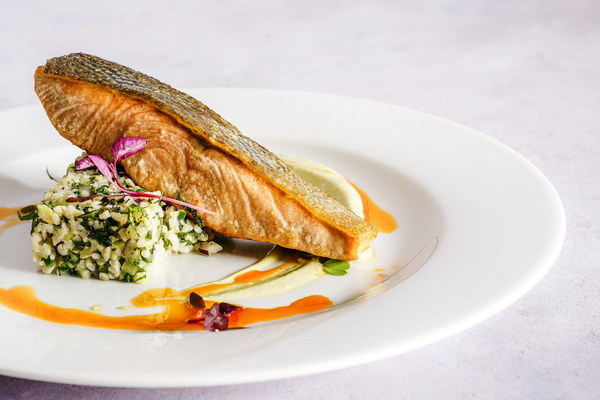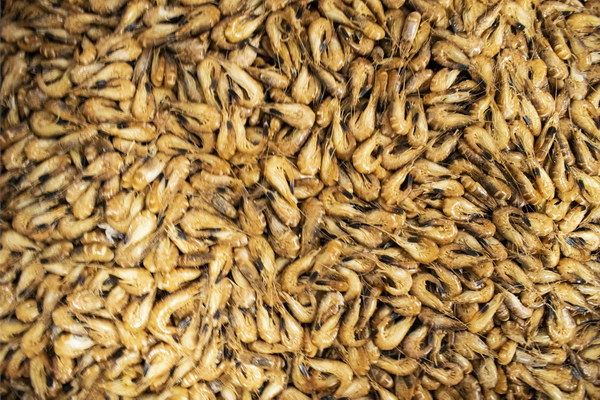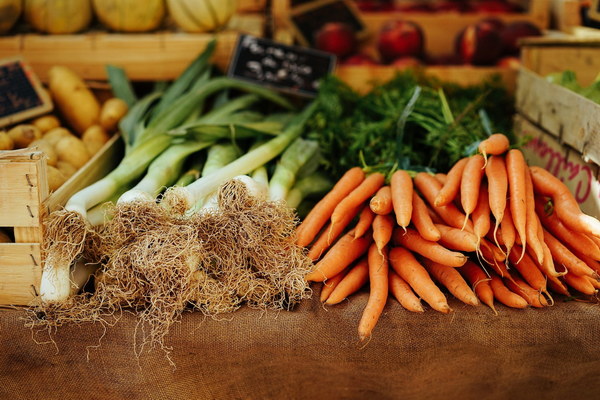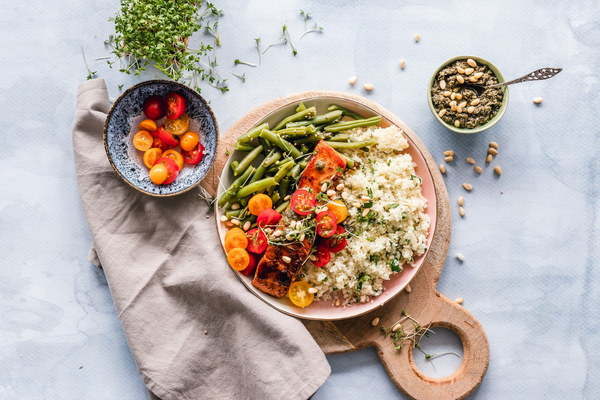Beyond Blood and Qi What Else Women Should Supplement for Optimal Health
In the pursuit of health and vitality, women often focus on supplementing their bodies with iron and other ingredients to boost blood and qi. While these are indeed important, there are several other vital nutrients that women should consider incorporating into their daily routines. Let's explore some of these essential supplements to ensure women's overall well-being.
1. Calcium

Calcium is crucial for maintaining strong bones and teeth, as well as for muscle function and nerve transmission. Women are more susceptible to osteoporosis, a condition that can lead to brittle bones and fractures. To support bone health, it is recommended that women consume at least 1,000 milligrams of calcium daily. Good sources of calcium include dairy products, leafy greens, and fortified foods.
2. Vitamin D
Vitamin D is often referred to as the sunshine vitamin because it is synthesized in the skin when exposed to sunlight. This essential nutrient helps the body absorb calcium, which is crucial for bone health. Additionally, vitamin D has been linked to improved mood, reduced risk of certain cancers, and overall immune system support. Women should aim for 600 to 800 international units (IUs) of vitamin D daily. Sources of vitamin D include fatty fish, egg yolks, and fortified foods.
3. Iron
As mentioned earlier, iron is essential for producing hemoglobin, the protein responsible for carrying oxygen in the blood. Women who are menstruating, pregnant, or breastfeeding require higher iron intakes than men. Aim for 18 milligrams of iron daily for premenopausal women and 8 milligrams for postmenopausal women. Good sources of iron include red meat, poultry, fish, legumes, and fortified cereals.
4. Folic Acid
Folic acid is vital for women of childbearing age, as it helps prevent neural tube defects in developing fetuses. It is also essential for red blood cell production and DNA synthesis. The recommended daily intake of folic acid is 400 micrograms for women who are not pregnant and 600 to 800 micrograms for women who are. Fortified cereals, leafy greens, and lentils are excellent sources of folic acid.
5. Omega-3 Fatty Acids
Omega-3 fatty acids are essential for heart health, brain function, and inflammation reduction. Women should aim for a daily intake of 250 to 500 milligrams of combined EPA and DHA, the two primary omega-3 fatty acids. Good sources of omega-3s include fatty fish, flaxseeds, chia seeds, and walnuts.
6. Vitamin B12
Vitamin B12 is essential for maintaining nerve function, producing DNA, and red blood cells. Women who follow a vegetarian or vegan diet may be at risk of vitamin B12 deficiency due to the lack of this nutrient in plant-based foods. The recommended daily intake of vitamin B12 is 2.4 micrograms. Good sources of vitamin B12 include meat, fish, dairy products, eggs, and fortified plant-based milks.
7. Magnesium
Magnesium plays a vital role in over 300 biochemical reactions in the body, including muscle and nerve function, blood sugar regulation, and bone health. Women should aim for a daily intake of 310 to 320 milligrams of magnesium. Excellent sources of magnesium include almonds, cashews, spinach, and whole grains.
By supplementing these essential nutrients, women can ensure they are supporting their overall health and well-being. However, it is crucial to consult with a healthcare professional before starting any new supplement regimen, as individual needs may vary. Remember, a balanced diet and a healthy lifestyle are the cornerstones of optimal health.









